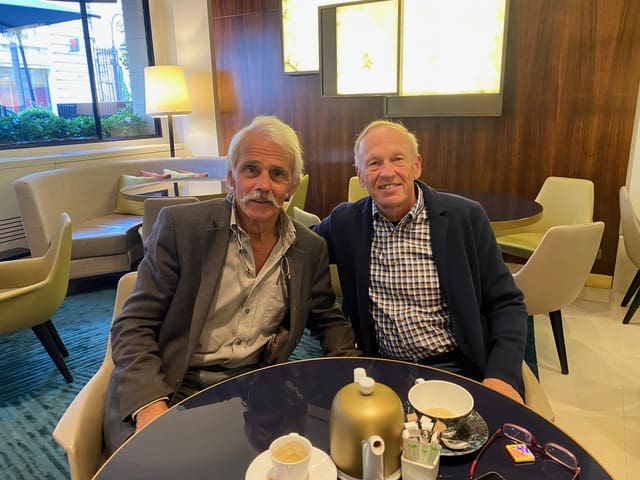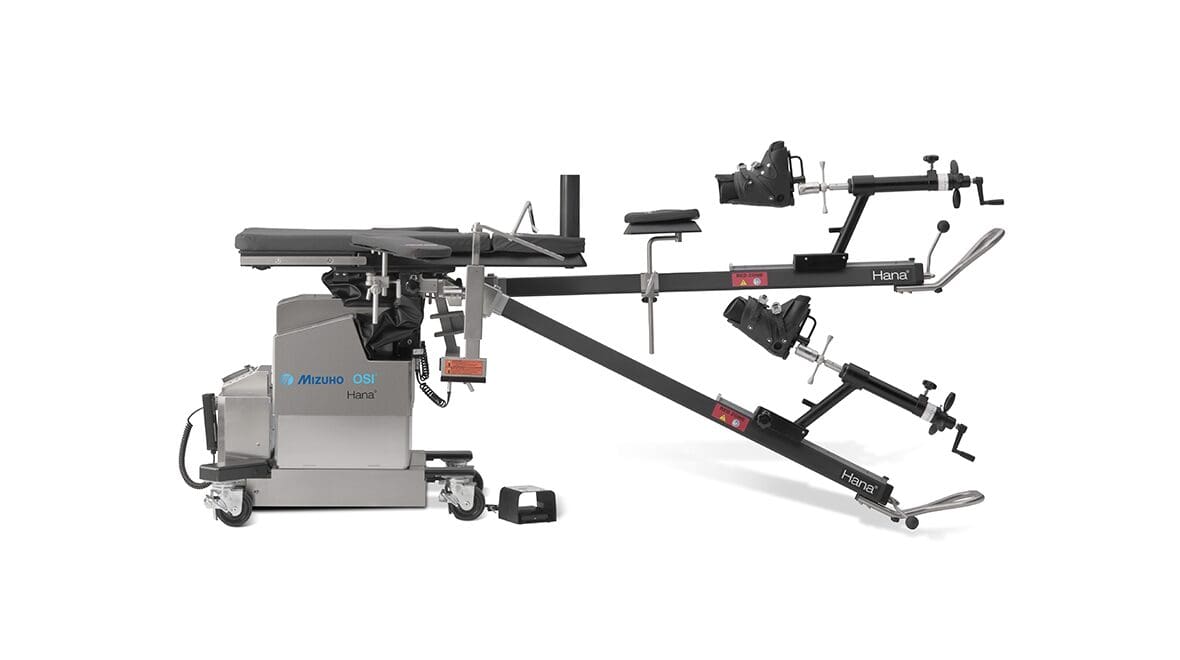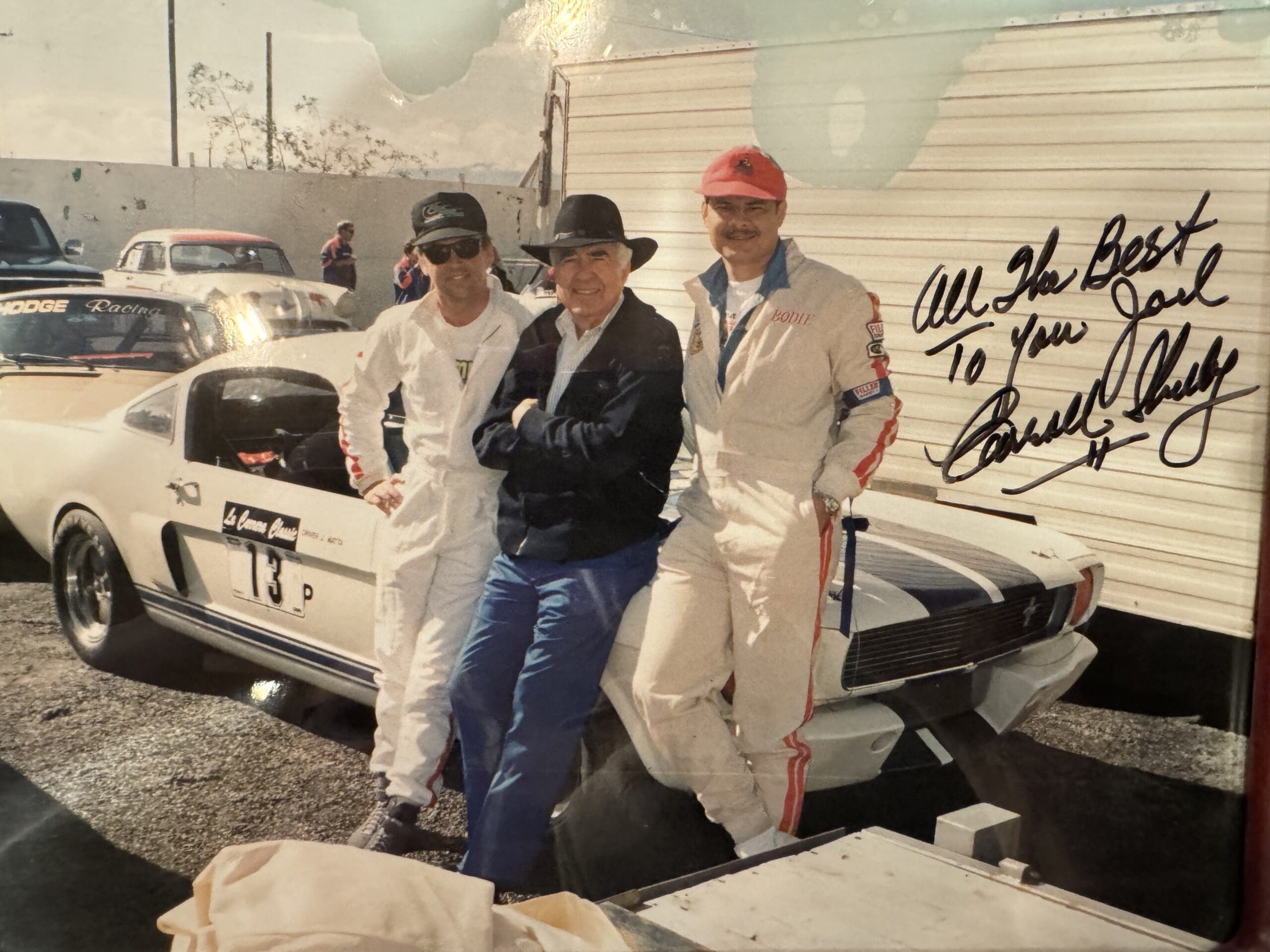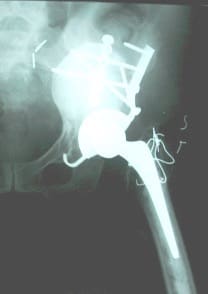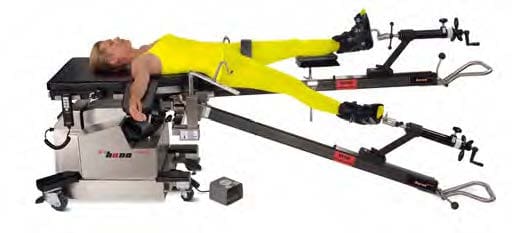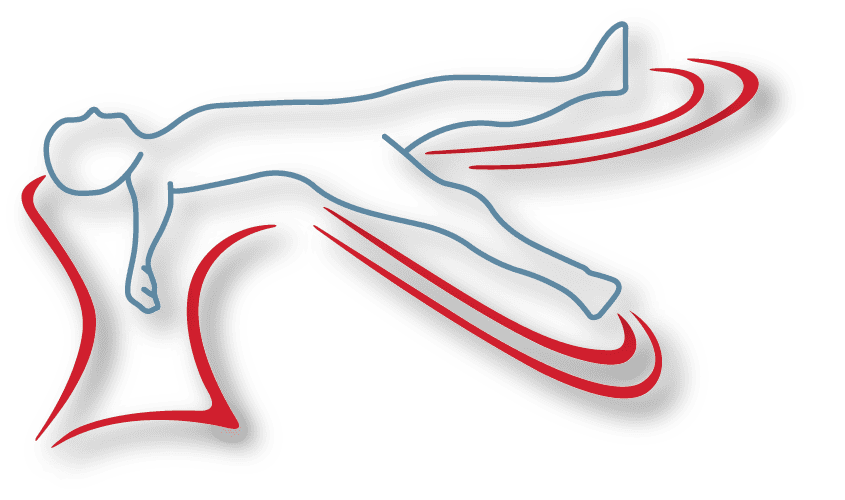Time metrics in the OR: transparency leads to efficiency
Where the puck's going and what surgeons really want.
In the ever-evolving landscape of orthopedic surgery, Dr. Charles DeCook’s insightful presentation at AHF2023 sheds light on the critical elements that can redefine the way orthopedic surgeons approach their craft. The core message revolves around achieving a balance between transparency, efficiency, and embracing the winds of change in the field.
Surgeons’ Holy Grail: Easier, Faster, Better
Dr. DeCook opens the discourse by delving into the fundamental desires of orthopedic surgeons: procedures that are not just proficient but easier, faster, and better. Drawing parallels with Wayne Gretzky’s philosophy, he emphasizes the need to anticipate where the surgical “puck” is going and tailor practices accordingly.
The Art of Automation: Less Thinking, More Doing
Smarter happens BEFORE we enter the OR. We want to think LESS. Surgery is not where we should be thinking. As a surgeon is your only time to think is before that surgery actually starts because once the game starts everything slows down. Analogous to the way elite athletes perform effortlessly through muscle memory, surgeons should aim to minimize active thinking in the operating room. The key, as highlighted by Dr. DeCook, lies in meticulous pre-surgery preparation, enabling surgeons to operate on autopilot during critical moments.
Work: Concentration Amidst Chaos
The concept of “deep work” takes center stage, emphasizing the importance of peak concentration in the operating room. Amidst the chaos of interruptions and task-switching, the presentation underscores the necessity of maintaining focus and avoiding cognitive strain during surgeries. It should be as automatic as brushing your teeth.
How much task switching do you do in one case? Where you stop, think, and then do something else? This could be an interruption, a dropped tools – anything that takes away from your focus for one second. Then there are considerations about factors such as cup positioning or pelvic tilt. You do not want to be thinking about these in the OR.
The OR as a Factory
Frustration is being stuck in waiting rooms waiting for cases. Many ORs also still use whiteboards for schediling – Just think – what if Delta ran on a whiteboard?
At Dr. DeCook’s ASC, the goal was to fundamentally change how the OR functions. The starting point was to think about it like a factory, with an assembly line and products. The key is that you have to put parts together in a specific order. That means lower cost, higher quality, more reliable products. Henry Ford figured this out.
Dr. DeCook brought simple manufacturing principles to the OR. Aggregation of marginal gains – this involves looking at each one of their processes and breaking them down into the individual actions and making small incremental improvements over time. The aggregate result of many small individual actions in your operating room will yield big results.
Time Transparency: A Catalyst for Efficiency
Dr. DeCook introduces the radical idea of time transparency in surgical processes. If you make time transparent in your OR it becomes radical – because it can be changed and it, becomes valued by your teams. Time can be personal – so each surgeon and staff member knows how long it takes them to perform each task. If you don’t know how long it takes your assistant to close – it’s because you haven’t taken control of your OR enough.
Time has to be relevant for turnovers too. It starts when the wound is closed and it ends when the next incision occurs. if you look around your OR you’re going to be amazed at how many time thieves you can identify. Parallel processes are also very important – there are so many events that can happen near or that can happen all together all at once. That’s where you can catch a lot of time.
One thing our anesthetists started doing is connecting all the relevant cables and cords etc to the patient in preop – that means the patient can be on the bed and ready in 7 seconds. The small and simple things will make a big difference. They add up.
ASCS Evolution: Specialization and Efficiency
ASCs are the easiest place to get this done. Surgeons are getting increasingly specialized, we’re not orthopedic surgeons, we’re joint surgeons, some of us just specialize in hips. But you can be as specialized as you like but if you are working with a scrub tech from a different specialty that’s challenging. And if you are in a hospital that isn’t specialized to fit what you work on, that’s challenging too.
Moving to multi specialty ASCs was a good start, then they became orthopedic ASCs, now we’re moving to joint ASCs. If you share specialties, eg if you offer cardiology, that means that your scrub tech who also does cardiology is not going to be as good as one that just does joints. Outcomes, Efficiency, Value increases. The sooner you get to this model, the happier you will be.
Conclusion: A Call to Embrace Change
In wrapping up the presentation’s key points, orthopedic surgeons are urged to embrace change and envision a future where specialization extends beyond medical expertise to the very environment in which surgeries are performed. Dr. DeCook’s vision of joint factories as the

